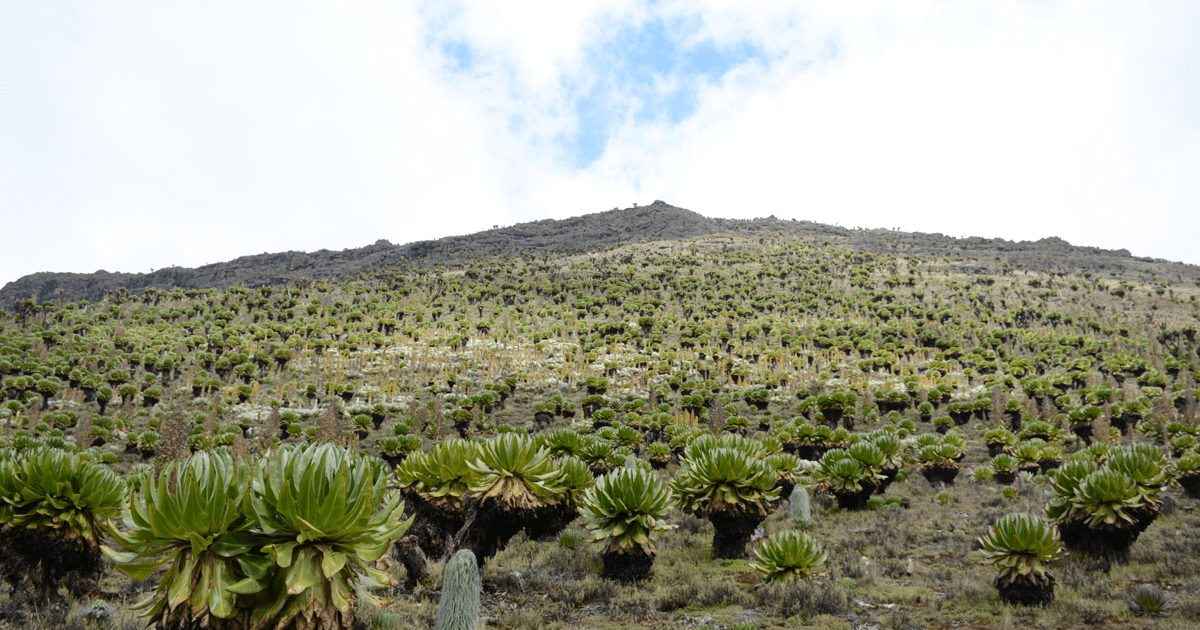Diversity and Conservation of Flora in Africa
Topic Information
Dear Colleagues,
Africa is home to one-fifth of all known mammals, birds and plant species on Earth. It is ranked 8th among the world's 34 biodiversity hotspots. Even though many scientists worldwide are obsessed with Africa’s biodiversity, we must acknowledge the enormous risks and challenges facing Africa's biodiversity under the influence of anthropogenic threat and environmental change. Understanding the composition and ecological preferences of species in the region is the first step to carry out biodiversity conservation. However, in Africa, there are still numerous regions where the species composition, ecological habits, and distribution patterns are not clear. In certain cases, there are even many places where species surveys have never been conducted. Understanding the evolutionary history and coexistence mechanisms of species in Africa can be facilitated by the combination of phylogeny, biogeography, and other knowledge, which can also support the conservation of Africa's biodiversity. In the process of long-term coexistence with nature, many ethnic groups in Africa have accumulated a large amount of traditional ethnic knowledge for the use and protection of biodiversity in many regions, but many of these contents have not been disclosed.
In order to advance the knowledge of African biodiversity and encourage local conservation, this Topic will compile contributions to research on plant biodiversity and conservation in Africa. In this Special Issue, all types of articles (original research papers, reviews, methods papers, opinions, etc.) are welcomed, and the research topics include but are not limited to the following:
1) Species checklist, floristic characteristics, and distribution pattern in biodiversity hotpots areas;
2) Taxonomy, ecology, phylogeny, and biogeography of biological groups;
3) Impact of environmental change on biodiversity and solutions;
4) Traditional ethnic knowledge mining for plant diversity utilization and conservation.
You are cordially invited to submit a manuscript that focuses on one of these issues. Although specific case studies with broad implications are welcome, we encourage authors to submit large-scale and/or multi-specific studies as well as synthesis works to this Special Issue. Review articles and multidisciplinary studies are particularly encouraged. Please contact us if you have any questions about this position or are interested in this opportunity.
Dr. Shengwei Wang
Dr. Veronicah Mutele Ngumbau
Dr. Yadong Zhou
Dr. Desalegn Chala
Prof. Dr. Guangwan Hu
Topic Editors
Keywords
- biodiversity
- taxonomy
- checklist
- ethnobotany
- phylogeny
- phylogeography
- geographical pattern
- ecology
- evolution
- conservation

